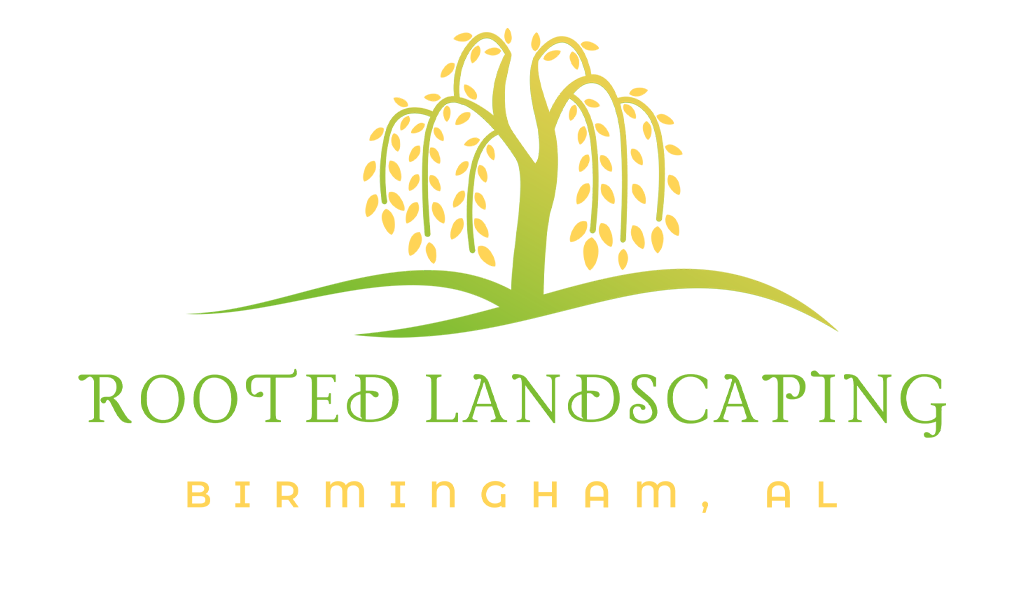Title: Harnessing the Power of Rain Gardens for Effective Stormwater Management in Midfield, AL
Introduction:
Stormwater management is a critical issue in many communities, including Midfield, AL. With increasing urbanization and climate change leading to more frequent and intense rain events, traditional stormwater infrastructure is often overwhelmed. However, there is a sustainable and environmentally friendly solution that can help alleviate these challenges – rain gardens.
What are Rain Gardens?
Rain gardens are designed to capture, absorb, and filter stormwater runoff from impervious surfaces such as roofs, driveways, and parking lots. These gardens are typically planted with native vegetation that can thrive in both wet and dry conditions. By mimicking the natural water cycle, rain gardens help reduce the volume and velocity of stormwater runoff, prevent erosion, and improve water quality.
Benefits of Rain Gardens for Stormwater Management:
1. Flood Mitigation: By capturing and storing stormwater, rain gardens help reduce the risk of flooding in urban areas, protecting homes, businesses, and infrastructure from water damage.
2. Water Quality Improvement: As stormwater flows through a rain garden, it is filtered and purified by the plants and soil, removing pollutants and contaminants before entering local waterways.
3. Habitat Creation: Rain gardens provide valuable habitat for birds, butterflies, and other wildlife, enhancing biodiversity in urban environments.
4. Aesthetics and Property Value: Well-designed rain gardens can enhance the visual appeal of a property, increasing its value and curb appeal.
Implementing Rain Gardens in Midfield, AL:
In Midfield, AL, where stormwater management is a pressing issue, incorporating rain gardens into urban planning and development projects can have significant benefits. Municipalities, developers, and homeowners can work together to install rain gardens in public spaces, parking lots, and residential yards to help manage stormwater more effectively.
Community Engagement and Education:
To promote the adoption of rain gardens in Midfield, community engagement and education are essential. Workshops, seminars, and outreach programs can help raise awareness about the benefits of rain gardens and provide residents with the knowledge and resources needed to create their own sustainable stormwater management solutions.
Conclusion:
Rain gardens offer a sustainable and cost-effective solution for stormwater management in Midfield, AL, and other communities facing similar challenges. By harnessing the power of nature, we can reduce the impact of urban runoff, protect water quality, and create healthier and more resilient communities for generations to come. Let’s work together to embrace rain gardens as a vital tool in our efforts to build a more sustainable future.


